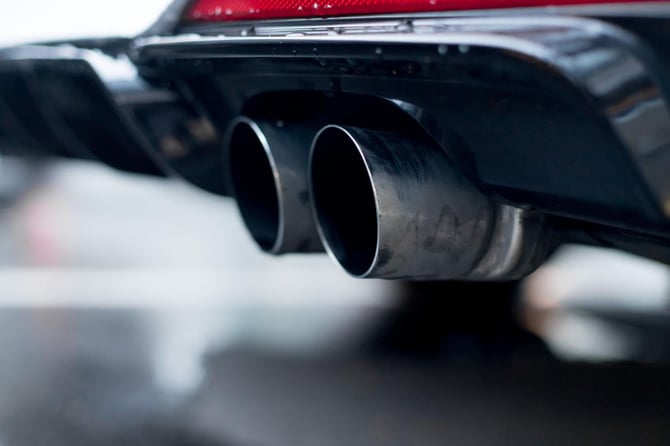EU, Germany Reach Agreement on Phasing Out Fossil Fuels

The EU and Germany have struck a landmark deal to prohibit new sales of fossil-fuel cars from 2035, as the bloc seeks to become “climate-neutral” by 2050 with net-zero greenhouse gas emissions.
The agreement comes after Germany had blocked earlier drafts of the plan, demanding that Brussels give assurances the law would allow the sales of new cars with combustion engines that run on synthetic fuels.
As a leading global auto producer, Germany had been worried about not being able to use new types of fuels that were neutral in their CO2 emissions. After weeks-long negotiations between the European Commission and Germany, agreement has finally been reached.
German firms are busy developing synthetic fuels that would not have been permitted under earlier drafts of the agreement. Though the technology is unproven, German manufacturers hope it will lead to the extended, but carbon-neutral, use of combustion engines.
What does this mean for me?
Environmental NGOs have questioned the place of synthetic fuels in the automotive sector's transition toward clean energy sources, saying they are too expensive, polluting and energy- intensive.
Many analysts have added to doubts over whether vehicles powered by synthetic fuels can compete in a market where electric cars are expected to become cheaper over time.
However, German automakers were not alone in their attempts to leave open the door to synthetic fuels, with major car manufacturers from Italy, Poland and Hungary joining in an alliance against the combustion-engine ban.
More News
.webp)
Japan’s Rate Shift Is Rippling Through Global Bond Markets
1 week ago

China’s Growth Engine Stalls as Consumers and Investors Pull Back
1 week ago

Egypt’s Recovery Gains Traction as Household Pressure Lingers
2 weeks ago

OECD Warns AI and Tariffs Will Test the Global Economy
3 weeks ago

Zero Tariffs, Higher Drug Bills as US and UK Reset Pharma Trade
3 weeks ago

Catastrophe Bonds Go Global as Climate Risk Meets Yield Hunting
1 month ago
.webp)
Canada Shields Steel and Lumber Industries From Tariffs
1 month ago

Trump Drops Selected Tariffs in Response to Inflation Pressures
1 month ago